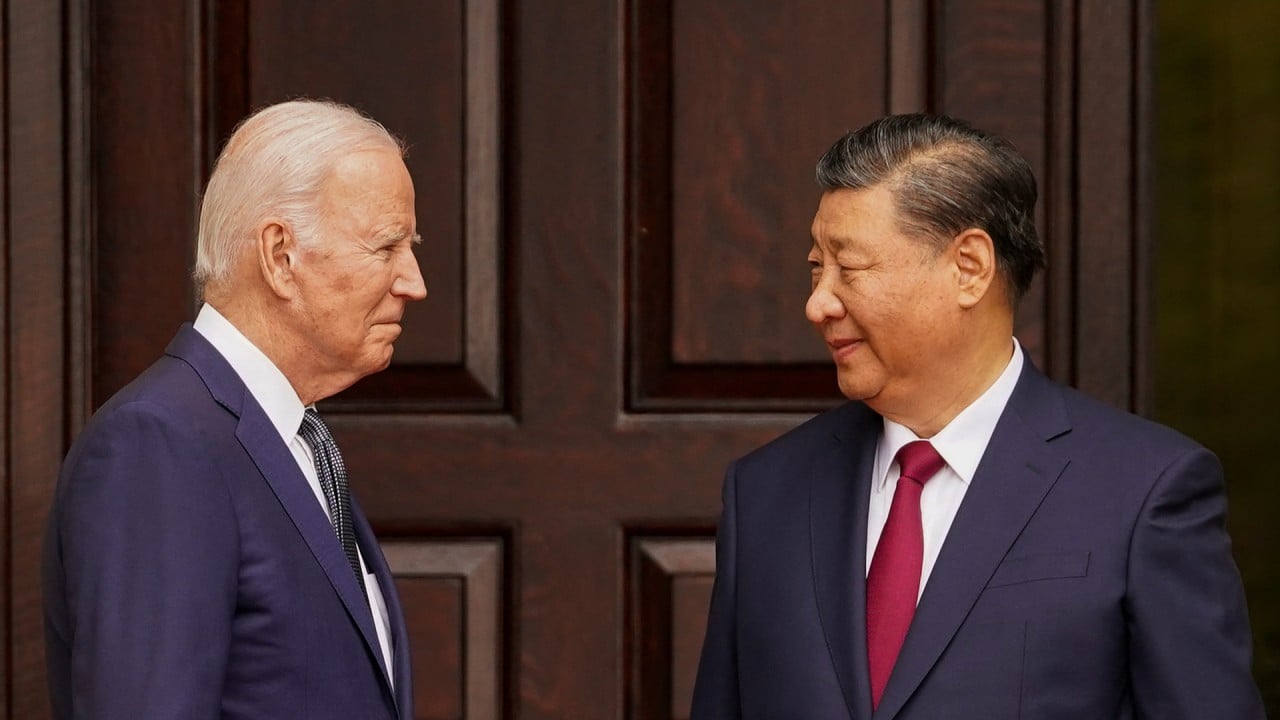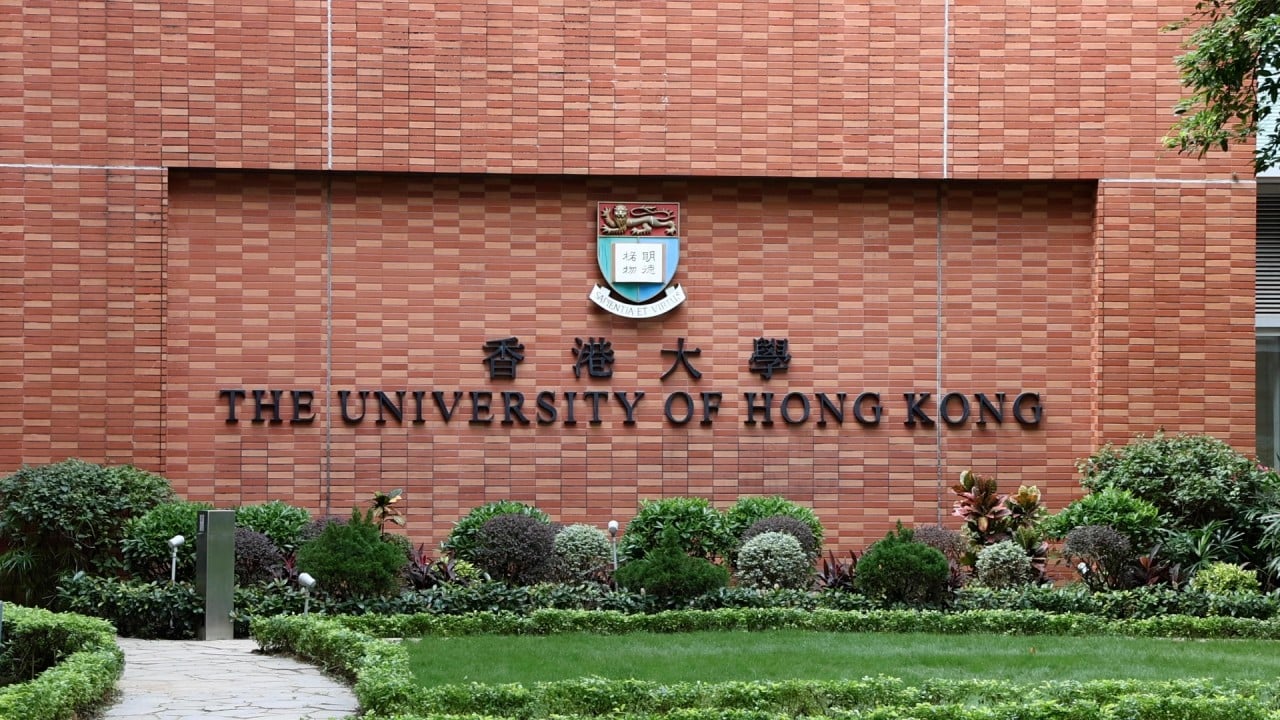
China-US relations: can people-to-people cooperation resume if Trump decree still stymies student exchanges?
- The number of Chinese and Americans studying in each other’s country declined on both sides because of the pandemic and China-US tension
- Despite a vow by presidents Xi and Biden to boost people-to-people exchanges, blocks – including Florida’s new state law – to academic swaps remain
The law, which came into effect in July, prohibits public higher education institutions in the state from collaborating in academia or research with anyone from seven “foreign countries of concern”, including China.
Faculty members at the university started a petition this month to urgently ask the institution to develop clear guidance on hiring procedures and allow for continued recruitment of graduate assistants, postdocs and visiting scholars, regardless of national origin.
Wang, a Chinese faculty member at the university, signed the petition together with more than 300 of his colleagues. The university has not yet responded.
“Individual students, rather than the governments of the countries of concern the law touts to curb, are getting harmed the most,” Wang said.
While top leaders in China and the US have agreed to reboot people-to-people cooperation between the two countries, the situation at the University of Florida highlights the resistance to educational exchanges.
In past years, the number of Chinese and Americans studying in the other’s country has declined on both sides because of the pandemic and the tension between US and China.
While there were 11,639 American students studying in China five years ago, the number dropped to fewer than 1,000 by 2021-22, according to Open Doors Data. Jeff S. Lehman, vice-chancellor of New York University Shanghai, told a conference on December 15 that about 800 American students had come to China to study this year.
Beijing is keen to reverse the trend as Xi indicated that China planned to invite as many as 50,000 young Americans to visit in the next five years.
Baohui Zhang, a professor of government and international affairs at Lingnan University in Hong Kong, said boosting education exchanges between the two countries could be more difficult than expected.
“Florida’s block is one example of how a state government can hold an opposite side on US-China relations against the federal government and is capable of having a negative impact on educational exchanges,” Zhang said.
Florida is dominated at the state level by Republicans, who hold both the governorship and a majority in the state legislature. According to a poll from YouGov Data in 2023, more Republicans than Democrats consider that the US should seek a more distant relationship with China.
“While China’s intention is straightforward as they want to stabilise the relations between the two sides, the US’s attitude is a complexity due to the different voices in its power-sharing structures.”
A select committee of the US Congress represented another resistant voice towards educational exchanges. On December 3, the select committee on the Chinese Communist Party accused the University of Montana of receiving funds from a foundation – which it considered a “detriment to America’s national security” – reputedly linked to the Communist Party.
The foundation –namely the China-United States Exchange Foundation (CUSEF) – and the university’s law school plan to co-host a two-week programme for American students to study in China next summer, with the “very few” expenses nearly all covered by the foundation, according to the school.
The committee was established by the House of Representatives in January in an attempt to oversee economic and security threats from the Chinese Communist Party.
The committee said: “Beijing uses nominally private civic organisations like the China-US Exchange Foundation to sway public opinion and build influence” and urged the University of Montana to terminate any ties with the foundation.
CUSEF, a foundation established in 2008, describes itself on its website as an independent non-governmental organisation committed to a positive and peaceful relationship between the two countries.
While being asked about its sponsorship to the summer program, CUSEF said in a statement to the South China Morning Post: “We do not receive funding, direction or other support from any government. Our work is made possible by the generosity of private donors in Hong Kong where we are based”.
The Post also contacted the University of Montana’s Blewett School of Law for this article but has not yet received a response.
Experts said it remained to be seen whether Biden was committed to embracing Chinese students in the US.
Xinbo Wu, director of the Centre for American Studies at Fudan University, said: “Though the US and China have agreed to boost exchanges, so far the US government has made no progress in providing better conditions for the educational exchanges”.
“I planned to study abroad in the US because computer science studies are fine there, but I have to give up because of the proclamation,” said Jim Li, a senior who majored in computer science at one of the blocked universities. “Many of us were denied visa applications, even though they had received offers from US universities.”
The Biden government has largely continued the curbs on exchanges with China while the US has made few announcements about adjusting or cancelling Trump’s policy.
Zhang said: “The continuation of the block proves there are still restrictions for Chinese students to study in the US. Therefore, it remains to be seen whether China’s prospect to stabilise the relations by boosting exchanges can be achieved”.
Nevertheless Wu, who is also dean of the international studies institute at Fudan University, has seen greater interest in communication between universities from the two countries. He has received visitors from several US institutions to discuss resuming cooperation and launching new summer programmes for American students to study in Shanghai.
“Education exchange is an important channel for the US and China to better understand each other and improve communication,” Wu said. “By letting young people study at the other side, biases could be reduced.”



